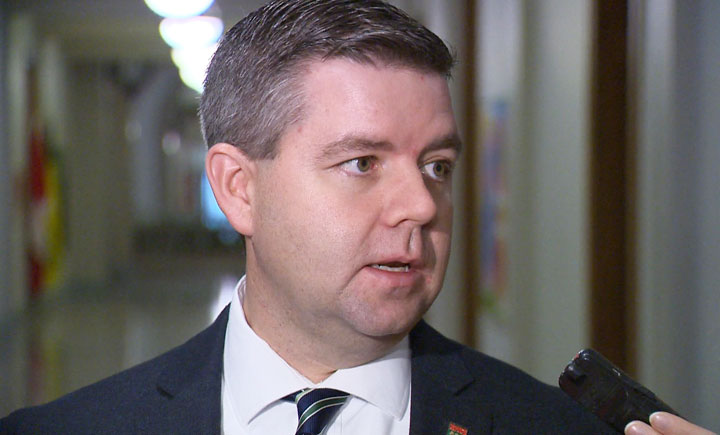The federal government will be meeting with Saskatchewan to discuss the province’s request to increase autonomy over immigration in the new year. However, a few federal plans overlap with Saskatchewan’s pitch.

On Dec. 4, Premier Scott Moe said his government is asking for increased control over the province’s immigration programs. This includes a desire to prioritize economic and/or family immigrants depending on labour market conditions and what skills are prioritized for economic immigrants.
Saskatchewan’s Immigration Minister Jeremy Harrison first expressed this plan to his federal counterpart, Minister Marco Mendicino, shortly after the new federal cabinet was sworn in on Nov. 20.
When it comes to attracting more economic immigrants with specific skills, Mendicino’s press secretary Mathieu Genest said Ottawa has a couple of plans in the works.
“We have also introduced the Rural and Northern Immigration pilot, which will help rural and remote areas attract and retain newcomers to tackle some of the demographic challenges we face,” Genest said in an emailed response.

Get breaking National news
“Furthermore, the Municipal Nominee Program announced in the electoral platform will help enhance the ability of communities to seek out the talent they need to help their economy grow.“
Saskatchewan’s growth plan for 2030 sees increased immigration as essential for reaching a population of 1.4 million residents in the next decade and adding 100,000 jobs. The plan also discusses the desire for increased provincial autonomy on immigration.
Harrison said that all discussions with Ottawa have been preliminary so far. He hopes to submit a formal policy proposal in the next couple of weeks.
“We’ve had significant work that’s gone into this already, so it’ll be a question of just making sure we have everybody on the same page within government,” Harrison said.
“I think we’re there, but we’ll be putting that forward in the very near future.”
Once that happens, formal negotiations can begin.
With federal programs, Harrison said there are overlap and duplication of services offered by the province in areas like labour market response and settlement.
“What we’ve found over the course of many years is that there really is an unwillingness on the part of the national government to communicate with the province on what they’re doing. It’s not just this federal government, this has been an ongoing administrative challenge,” Harrison said.
“Part of what we’re going to be putting forward is asking for management of the settlement programming part of immigration, which we think we can do a lot more responsively and effectively both federal and provincial governments doing different elements and not communicating with each other.”
Harrison added the formal policy proposal will include the desire to manage family immigration applications and tailored labour force strategies, something the province doesn’t have the authority to do.
Genest said Ottawa is planning on adding about 27,000 spaces to provincial immigrant nominee programs. He said this gives provinces more autonomy is selecting immigrants that suit provincial labour market needs.
According to Harrison, 70 to 80 per cent of immigrants come to the province through the Saskatchewan Immigrant Nominee Program (SINP).
Harrison said the province’s track record of running the SINP should show Ottawa that Saskatchewan is capable of administering its own immigration program.








Comments